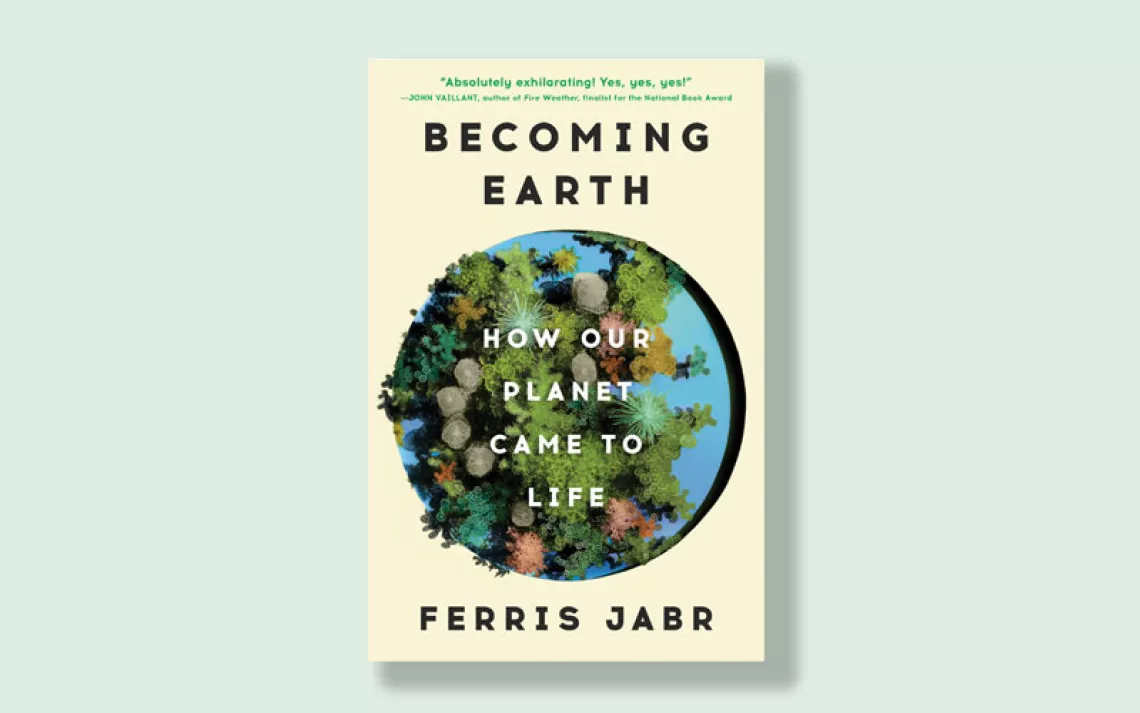"The Social Lives of Animals": A Dazzling Compendium of Beasts' Sociality
Biologist Ashley Ward unpacks voting buffaloes and binge-drinking monkeys

Bonobos prioritize friends over food. Poison-wary rats warn their pals about too-good-to-be-true treats. African buffalo choose where to roam next via voting. Dolphins address one another by name. If you've ever been curious about animals' humanlike behaviors, or how exactly ant masses navigate straight to the ice cream cone you've just dropped, British biologist Ashley Ward breaks them down in The Social Lives of Animals (Basic Books, 2022) and shows how we share social impulses with other animal cultures around the world.
"Philosophers through the ages have attempted to define traits that are uniquely human—characteristics, in other words, that can be used to separate us from other animals," Ward writes. An affable global tour guide, he shows why our species might not be so special after all while shedding light on the patterns of human society.
Ward's case studies are eye-opening. African vervet monkeys, for example, work together to pilfer booze from bars and sleeping tourists. And elephants develop infrasonic sounds for a private communication channel that helps them stay in touch across vast landscapes.
Ward doesn't shy away from less attractive aspects of our shared nature—showing how insects use slaves and chimps exhibit an enigmatic blend of "brutality and compassion, altruism, and selfishness"—or the fact that we've exploited animals' sociable natures. Nineteenth- and early-20th-century whalers, for instance, were well aware that sperm whales rush to peers in distress.
A dazzling compendium of animal intelligence and sociality, this read proves that the latter is a fundamental aspect of existence and that the company we keep has fundamentally shaped us, beasts all.
This article appeared in the Spring 2022 quarterly edition with the headline "Social Creatures."
 The Magazine of The Sierra Club
The Magazine of The Sierra Club



